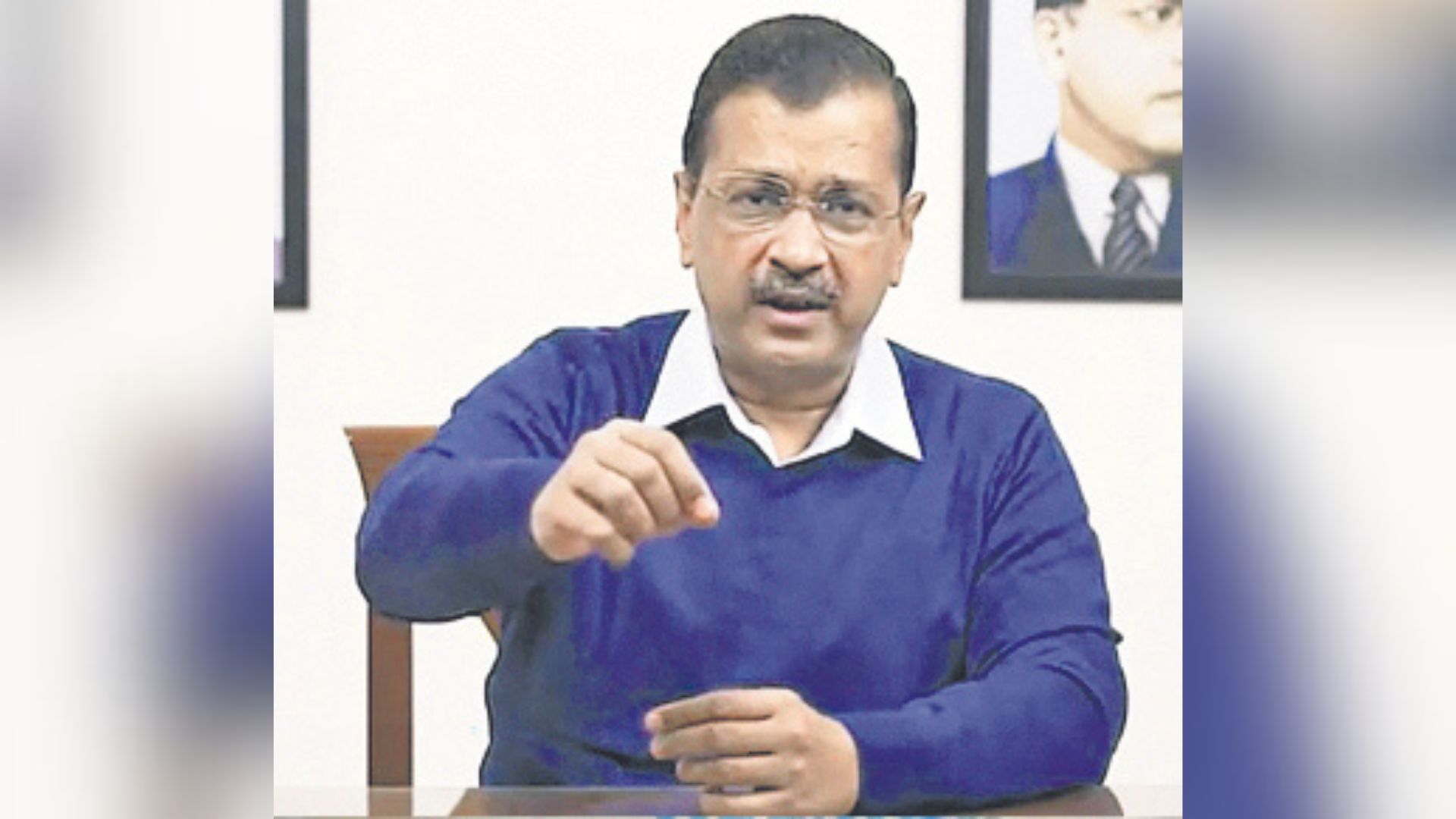
The government on Tuesday summoned Acting Deputy Chief of Mission of US Gloria Berbena at the South Block and in a meeting that lasted more than 30 minutes, expressed its strong objections to comment made by a US state department spokesperson on the recent arrest of Aam Aadmi Party chief and Delhi CM Arvind Kejriwal.
After meeting Berbena, who is posted as Minister-counselor- Public Diplomacy at the U.S embassy, the MEA released a statement in the afternoon, encapsulating what she was likely told by MEA officials.
“We take strong objection to the remarks of the spokesperson of the US State Department about certain legal proceedings in India. In diplomacy, states are expected to be respectful of the sovereignty and internal affairs of others. This responsibility is even more so in case of fellow democracies. It could otherwise end up setting unhealthy precedents. India’s legal processes are based on an independent judiciary which is committed to objective and timely outcomes. Casting aspersions on that is unwarranted.”
During such summons, the concerned diplomat is asked to report to the office of the relevant officer at a designated time and after having waited for some time, the diplomat is conveyed the message or the demarche.
This happened after a Washington-based state department spokesperson told news agency Reuters on March 25, while replying to an email query by the news-agency, that “the U.S state department encourages a fair, transparent, and timely legal process for Chief Minister Kejriwal”.
Berbena is a 1989 batch officer of the U.S. Diplomatic Corps in 1989 and has been based in India since 2021 and was serving as Charge d’Affaires and Deputy Chief of Mission at the U.S. Embassy in San Jose, Costa Rica before being posted in India. She has also served in Rome, Havana, Athens, Naples, Rome, and Bangkok.
Earlier, India on Saturday had summoned the German embassy’s deputy chief of mission, Georg Enzweiler, “and conveyed India’s strong protest,” at similar remarks made by one of its officials in the matter.
On Friday, while responding to a question on the arrest of the Kejriwal, Sebastian Fischer, spokesperson for Germany’s foreign office had said that like anyone else facing accusations, Kejriwal was entitled to a fair and impartial trial. “We have taken note of the case. India is a democratic country. We assume and expect that the standards relating to the independence of the judiciary and fundamental democratic principles will also apply in this case. The presumption of innocence is a central element of the rule of law and must apply to it [Kejriwal’s case],” while adding that Kejriwal is “entitled to a fair, unbiased trial” including the right to make use of all existing legal remedies” without restriction”.
While summoning foreign diplomats, including by India, is not an uncommon practice used as a diplomatic tool , Delhi resorting to this measure with regards to Washington has been few and far between. This has been due to various reasons, including the close ties the two countries share on issues of strategic affairs.
In December 2010, India had lodged a strong protest with the US for subjecting its ambassador to ‘pat-down’ security check at an American airport and had summoned the then deputy chief of US embassy, Donald Lu to convey “strong concern”.
In December 2013, India summoned then US Ambassador Nancy Powell to lodge a strong protest against what it has called the “unacceptable treatment” of its high-ranking diplomat Devyani Khobragade, who was arrested and handcuffed in public in New York on Thursday for alleged visa fraud related to an employee who was employed at her home.
Similarly, in July 2014, India summoned two senior US diplomats to complain about spying after reports emerged that the National Security Agency (NSA) had targeted BJP leaders. This had happened after US whistleblower Edward Snowden had revealed that the BJP was among a group of foreign political parties targeted by the NSA in 2010.